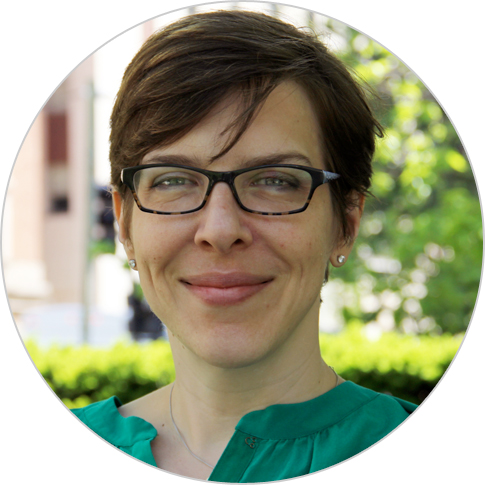
Our People .

Technical Director, Syria, Iraq, Afghanistan & Yemen Michele Piercey
Michele Piercey is an international development practitioner with 17 years of experience, 11 of which have been in the field. She has managed conflict mitigation projects across the world, as the leader of stabilization and political transition programs in Afghanistan and Tunisia, and most recently, as chief of party for the USAID/OTI-funded Iraq Regional Program. Previously, she was the senior vice president of Chemonics’ Strategic Solutions and Communications Division and the director of the company’s Peace, Stability, and Transition practice in which she led Chemonics’ industry outreach on conflict and fragility. She also conducted assessments, mentored field staff, and facilitated program strategy reviews in Libya, Jordan, Kenya, Mali, Burkina Faso, Thailand and Philippines. After corporate change management posts with the Australian Department of Defense early in her career, she worked with the U.S. Army Engineers on small-scale community engagement projects across Iraq. Michele holds a B.A. in political science from Australian National University.
by Michele Piercey
Closing the ‘Rhetoric to Reality’ Gap — Preventing Violent Extremism in Post-Siege Recovery
When violent, ideological groups like the Islamic State establish a foothold, they strengthen their position with a narrative that the government has failed to deliver on its social contract with the Muslim population, particularly with youth. They exploit this “say-do” gap — the disconnect between what governments say about creating an inclusive identity and equal…
We Can’t Respond to Famine Caused by Conflict in the Same Way as Famine Caused by Drought
In conflict- and famine-affected states, interventions can undermine innate community resiliencies that could offer some protective effect for families and individuals. It is well-understood that violent conflict is a major cause, or the primary cause, of each of the globe’s four most pressing food security crises — in Nigeria, Somalia, South Sudan, and Yemen —…
3 Questions with Michele Piercey: Conflict and Exclusion as the Front Door for Extremist Recruitment
In February, a famine was declared in South Sudan. And in 2016, the media frequently linked the conflict in Syria to the country’s extreme drought. What do we know about the complex relationship between climate change and conflict, particularly resource-based conflicts? Climate change affects communities in a way that makes them chaotic and difficult to…
Inclusion: A Critical Element in Effective Approaches to Combatting Violent Extremism
Earlier this year in Mombasa, a youth activist told me he knew plenty of young men who joined Al Shabaab. Many had participated in livelihoods and vocational training activities funded by NGOs. Some even found jobs. Nonetheless, they decided to join the notorious violent extremist organization. This was not the first time that I had…
Through the Looking Glass: Harnessing Big Data to Respond to Violent Extremism
This post originally appeared on Devex People think and say all sorts of things that they would never actually do. One of the biggest challenges in countering violent extremism is not only figuring out which people hold radical views, but who is most likely to join and act on behalf of violent extremist organizations. Determining…
“A Job Is the First Part of the Promise”: Unpacking Youth Grievances Five Years After the Tunisian Revolution
A little more than five years ago, Sidi Bouzid fruit vendor Mohamed Bouazizi set himself alight. When he was unable to pay a bribe to be allowed to sell fruit from a wheelbarrow, a local policewoman reportedly slapped him, spat at him, confiscated his scales, and threw his cart aside, ruining the merchandise he had…
